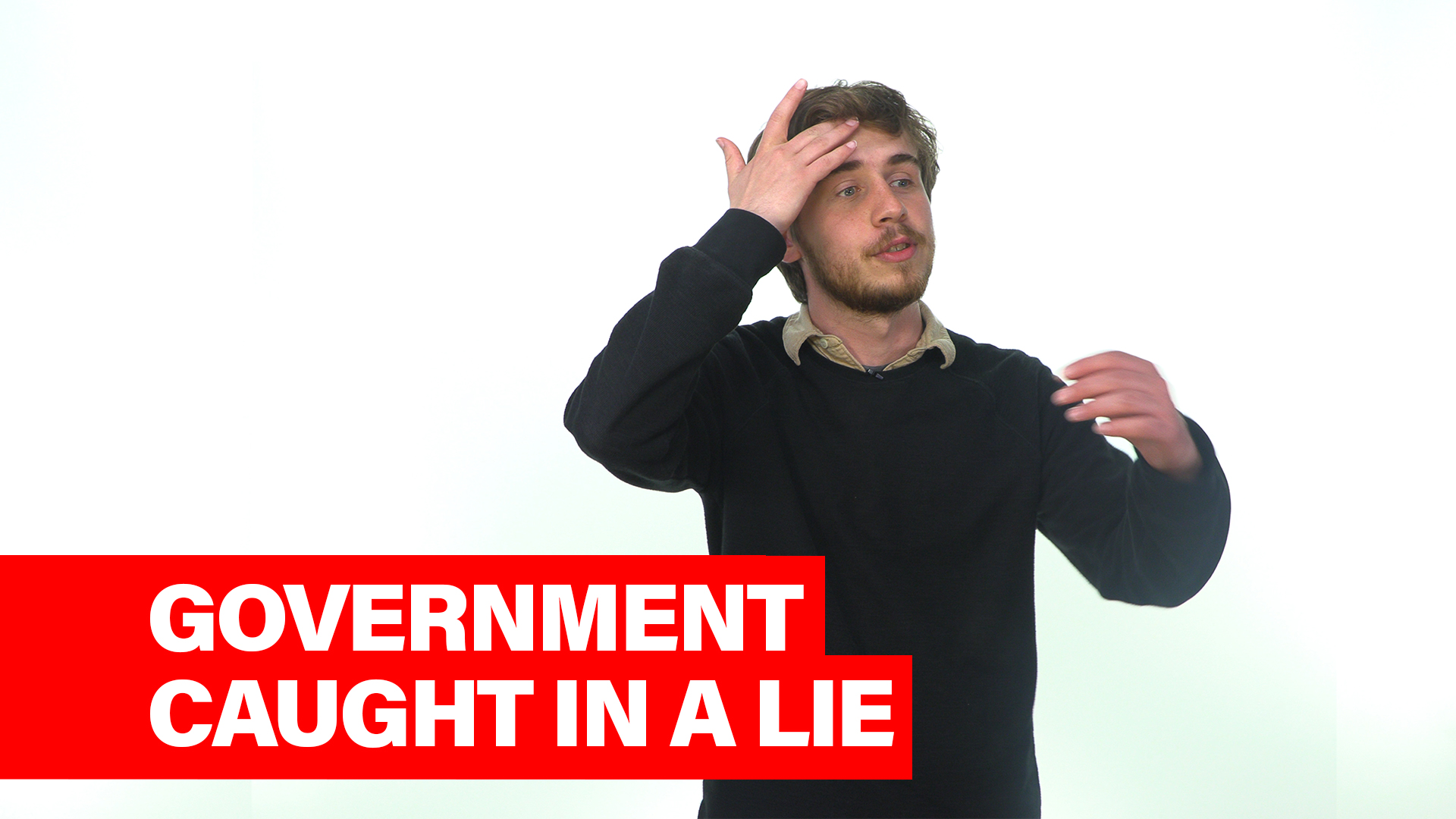As the war in Vietnam raged on year after year, a very vocal anti-war movement grew steadily, leading to protests in the streets of American cities. The controversy increased after the New York Times published the Pentagon Papers.
The papers in question were a Defense Department study of U.S. involvement in Vietnam. The stated purpose was to provide a historical record to prevent future policy errors. The ongoing study, started in 1967 at the direction of Defense Secretary Robert McNamara, eventually totaled 47 volumes and 7,000 pages. It was classified “Top Secret – Sensitive.”
The study contained some explosive revelations, including that the United States had secretly increased operations in South Vietnam. That included bombings and other military operations kept from the public. In 1971, Daniel Ellsberg – who had worked on the study and become an opponent of the Vietnam War – leaked it to the New York Times.
The Times began publishing stories based on the study’s contents, and the Washington Post soon followed. The federal government challenged the newspapers’ right to publish stories based upon the study, leading to a court battle that would go all the way to the Supreme Court. In a 6-3 ruling, the Supreme Court rejected the government’s efforts to restrain the press from publishing. Ellsberg would be criminally charged, but the charges would be dropped after it was revealed the Nixon Administration had resorted to illegal actions to discredit him.
The United States would exit Southeast Asia in the wake of the Paris Peace Accords of 1973. In 1975, the North Vietnamese would carry out a series of offensives that conquered South Vietnam.

